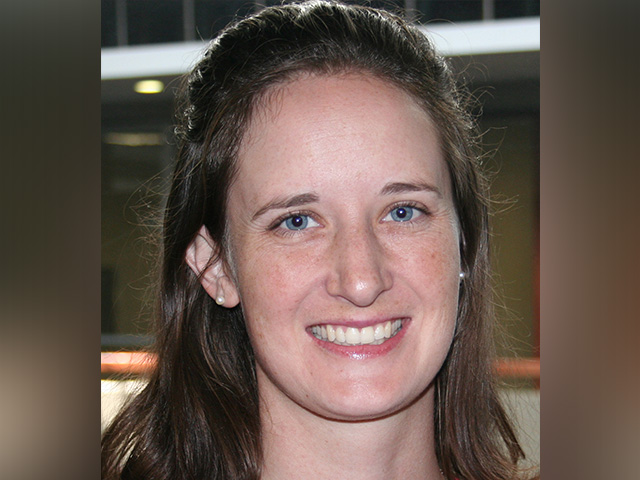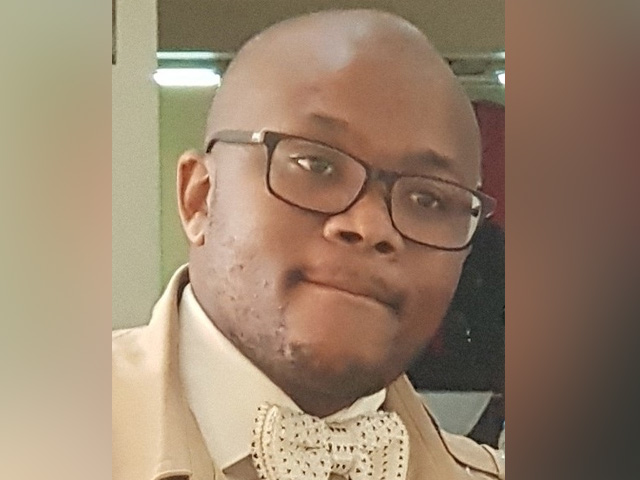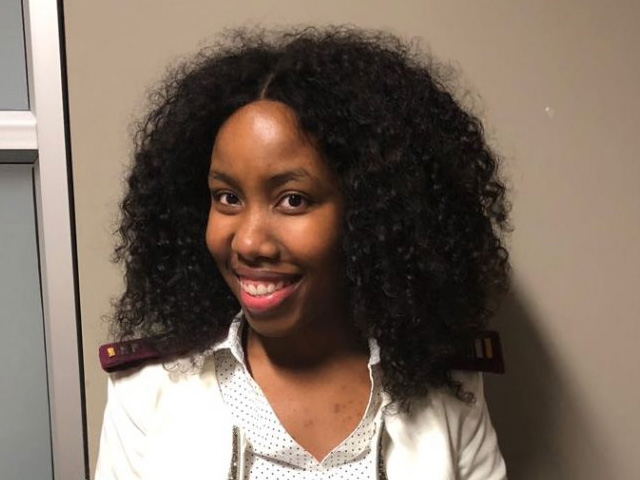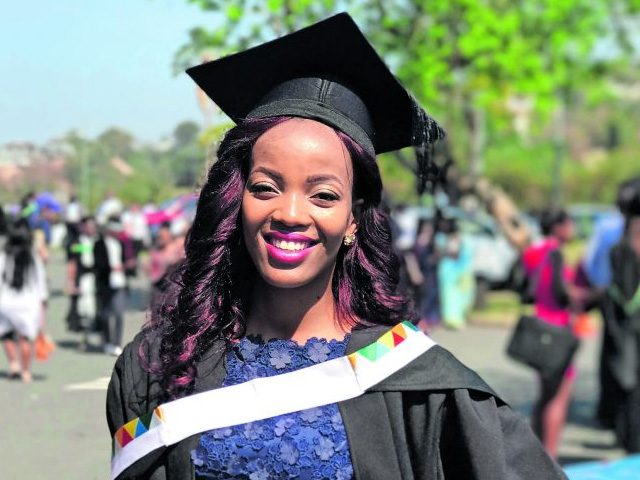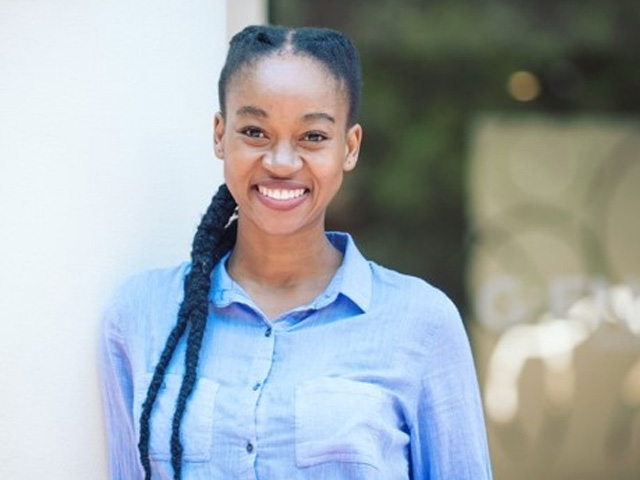“I am an evolving, God-fearing, intellectual young woman, who is a product of mentorship,” says Andile Mthombeni. Her job as a research co-ordinator came about as a result of mentorship.
In the second year of her undergraduate degree, Mthombeni attended a psychology seminar on research presented by her social psychology lecturer. After her fourth year, this lecturer offered her a job as a researcher at the African Gender Institute (AGI), which aims to empower young black women to become researchers working in sexual and reproductive health and rights in Southern Africa.
Before that Mthombeni was not even aware that research could be a career, but today she couldn’t dream of a better vocation. “The project opened my eyes to how you can use research to change policies, how you can use research as an advocating tool to change people’s lives,” she says.
At the AGI, researchers at Wits University and a number of other universities in southern Africa embarked on a research project on sexual harassment in institutions of higher learning. Researchers interviewed students and staff about harassment in their respective campuses.
The participatory research method meant that researchers participated, which made the process quite difficult. However, the research highlighted the detrimental health consequences of gender-based violence against women.
Through the sexual harassment research, Mthombeni was selected as part of the technical task team, led by the Higher Education and Training HIV/AIDS Programme, in response to sexual and gender-based violence in higher education. The team is currently drafting policy for higher education.
This research also allowed her to work with the Aids Accountability International research organisation on sexual orientation with the aim to destabilise heteronormativity, with academic and non-academic outputs that she co-ordinates.
Mthombeni says it is difficult to find African research about the LGBTQIA+ community, as there are hardly any African or African diaspora researchers working on this field, but they are are aiming to change this.
Currently completing her master’s in research psychology at Wits University and selected as the youngest black female board member for the South African National Aids Council, Mthombeni will have her hands full for the next three years. She wants to be involved in HIV policy research and decisionmaking, considering how many young black women are infected with HIV weekly.
She says the statistics indicate that something is very fractured in our society. She wants to immerse herself in HIV research and create change. — Shaazia Ebrahim

